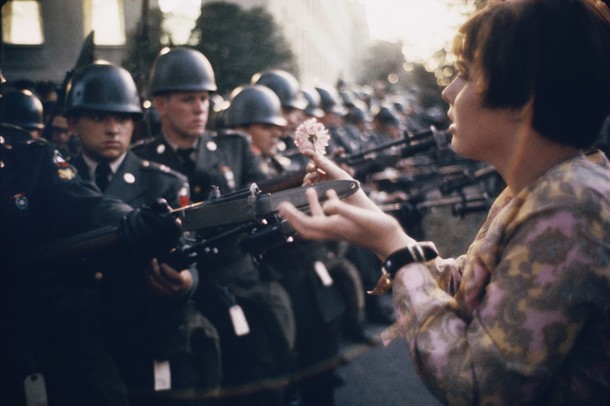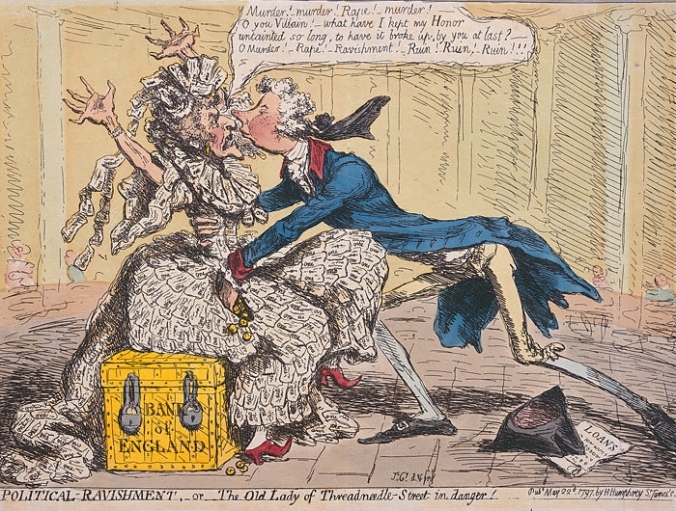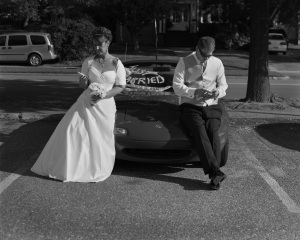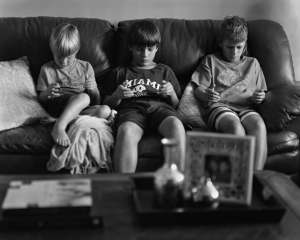Bruegel the Elder (medieval) ‘Battle between Carnival and Lent’
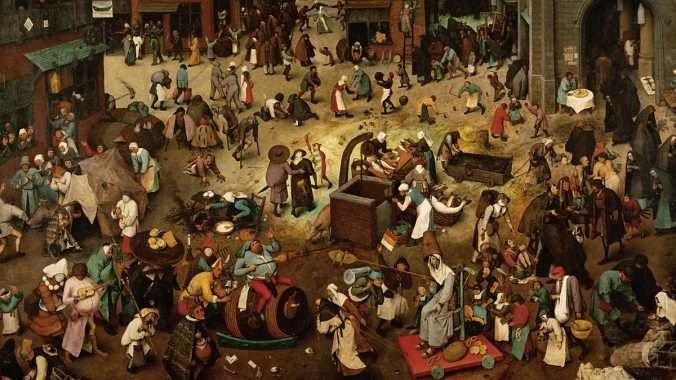
Carnaval (peoples celebration)
takes place to laugh someone out
Lent (restrictions for people)
people are giving up something in order to balance their life
Society ruined by powerful church.
Goffman: The Presentation of Self in Everyday Life
- Individual perform, they act intentionally pr unintentionally to express ourselves.
Performing may be shown through clothing, stuff we have with ourselves, emotions, body language, reactions on situations.
- Our audience receives the impression.
When an individual enters the presence of others:
- The audience seeks to acquire information
- His status (financial, social, conception of self) – trustworthiness
- They gather this info through ‘carriers’ or signs vehicles
Signs – what we live by
All the stuff we carry with us, are means of communication
Doing nothing on the scene in the theatre means something, it’s already an act.
‘We are acting’ – Goffman says
Sign Activity
- giving (she gives) – verbal symbols or substitutes to convey information that is generally understood through shared conventions (stereotypes)
- giving off (she gives off subtext) – action that others can treat as belonging to the actor
When individuals present themselves before others, their performance will tend to incorporate and exemplify the values.
’To stay in one’s room away from the place where the party is given… is to stay away from where reality is being preformed. The world in truth is a wedding’ (Goffman, 1959)
(wedding between actors and the audience)
Performance of the vow infant of the audience.
Sign vehicles (people use on daily basis)
- eye contact
- body langage
- hair & make-up (I won’t leave the house without make-up)
- appearance
- jewellery
- mask is what you chose to wear, while performing
How to access someone when we encounter them in person?
How do we know if the person who is giving off the impression is genuine?
- eye contact
- feeling (trusting)
- emotions
There should be balance between giving and giving off
Hancock: ‘Digital Deception: The Practice of Lying in the Digital Age
Digital Deception: ‘The intentional control of information & communication in a technologically mediated message to create a false belief in the receiver go the message.’
The is something between people, your antenna is closed.
‘A social laboratory for experimenting with identity’ (Sherry Turkle)
Expectations of the Net:
- the spaces and places on the net are connected but separate
- each space is its own ‘game’ with its own rules in it
- our expectations of the performance on the net vary
Huizinga: ‘Homo Ludens. A Study of thePlay Element in Culture’
‘Playing all the time is the nature of peoples behaviour’
World – is a game with its rules and we take part in it.
If someone force us to play there will be no joy in it.
Context
- Lying in real has more weight than online.
- Lying in some contexts would be transgression of a high order – in person it would be even more extreme (as in the ‘Fight Club’)
- Technology can enable various forms of deception by enabling us to lie or allowing u to lie in new ways.
- The different properties of technology can effect how honest and ‘self-disclosive’ we are.
- Everyday lying practices in different digital media, including e-mail, instant messaging, the telephone, online dating etc.
What allows us to lie in a new ways:
- not being ‘co-present’
- we manipulate differently
Examples of lies on the internet
- ‘Alibi Network’
- ‘Excuse clubs’
Paradox – true & untrue in one thing (two opposites exists)
- Technology prevent you from as everything
- people are disclosing on the internet, they rely more on the net
- we are much honest when computers are between us (people)
- we think we are anonymous
When one-to-one we are thinking about our performance and audience, in network it is about ourselves, focusing IN to OUT anymore.
On the net there is no censure, we are able to say anything.
- despite the amount of online deception mere is also online openness.
The Midium in the Message (McCluhan) ‘Understanding Media’
Bakhtin (1895-1975) (repressed by Stalin)
‘Rabelais and His World’ power of popular (explores the power of popular humour)
- Carnival is the people’s second life organised on the basis of laughter
- Everybody participate because it;s idea embraces all the people (participatory culture)





